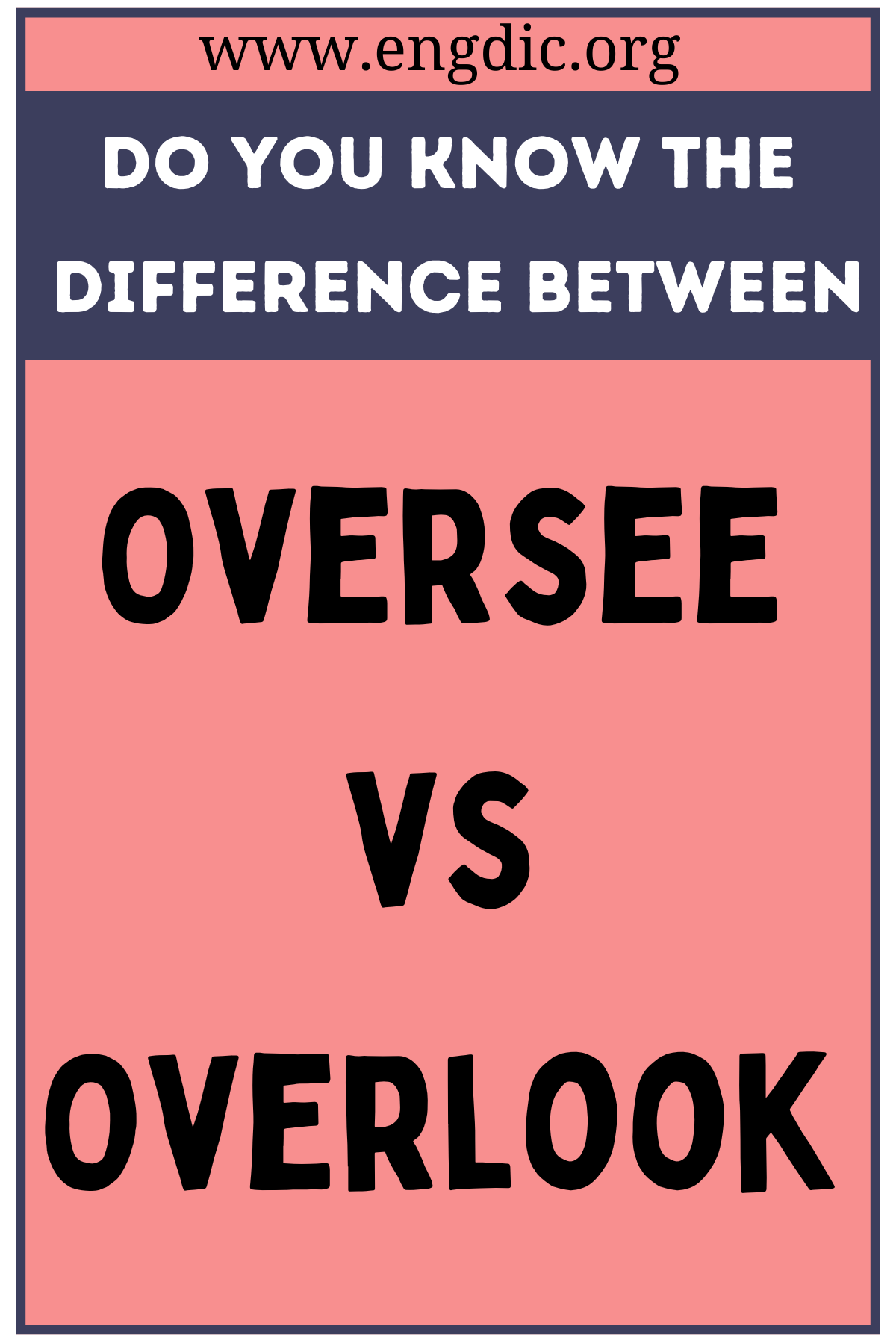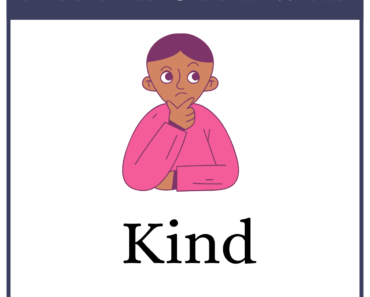The words “oversee” and “overlook” sound similar, but their meanings diverge.
- “Oversee” implies supervision and control, involving careful management of tasks or people.
- In contrast, “overlook” signifies missing or ignoring something, often unintentionally.
While “oversee” relates to active engagement, “overlook” reflects passive ignorance or negligence. Understanding these nuances is crucial for effective communication.
Oversee
Definition: “Oversee” means to supervise, manage, or control an activity or person to ensure proper execution.
Usage:
- Management: Used when referring to the supervision of projects or teams.
Example: Sarah oversees the marketing department, ensuring all campaigns align with company strategy. - Control: Implies overseeing compliance or standards.
Example: The inspector oversees the production process to maintain quality. - Guidance: Indicates providing advice or direction.
Example: He oversees the interns, guiding them through their initial projects.
Overlook
Definition: “Overlook” can mean to miss or fail to notice something, or to intentionally disregard.
Usage:
- Neglect: Implies unintentionally missing something.
Example: She overlooked the email, missing the meeting details. - Forgive: Suggests intentional disregard or forgiveness of mistakes.
Example: The manager overlooked the error because the employee was new. - View: Also means to have a view from a height.
Example: The hilltop hotel overlooks a beautiful valley.







